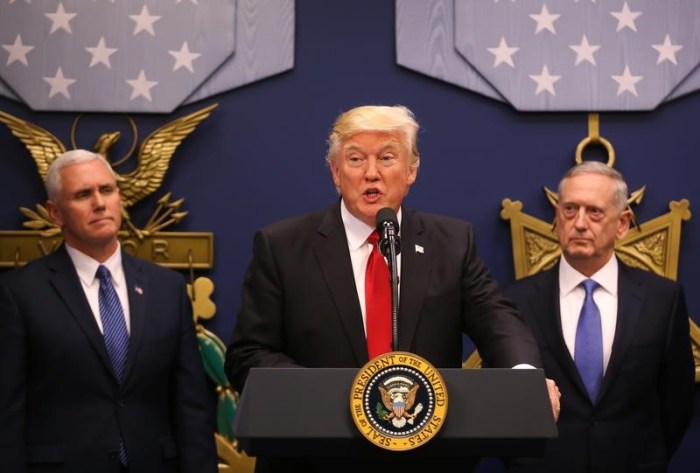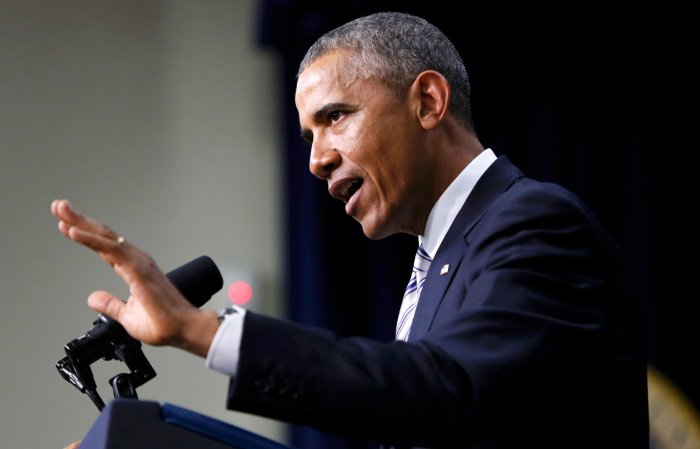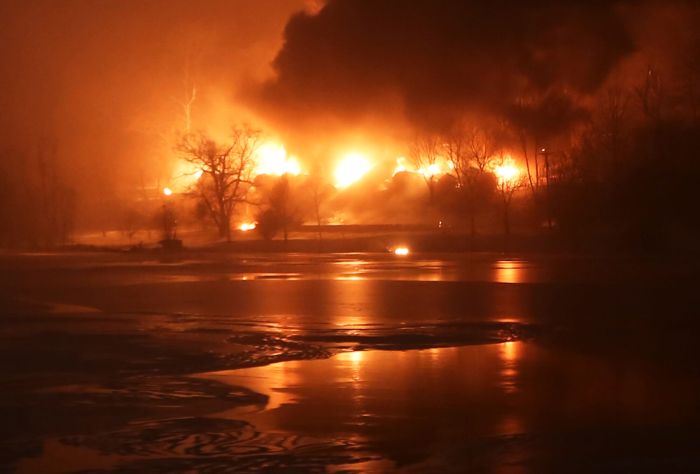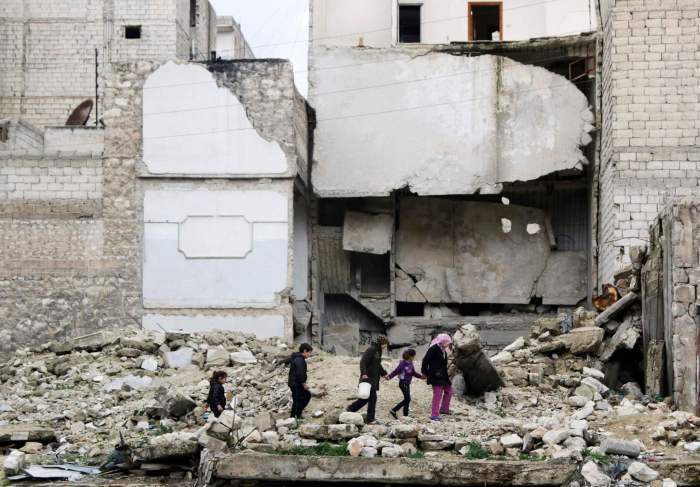Dr. Philip Lederer is a member of the Physicians for Social Responsibility, an affiliate of the International Physicians for the Prevention of Nuclear War, which was awarded the Nobel Prize for Peace in 1985. Lederer is an infectious diseases physician in Boston, Massachusetts. Metro interviewed Dr. Lederer to get his take on how a Donald Trump presidency might impact the nuclear weapons climate. What did you make of Trump’s tweet last month that the U.S. “must greatly strengthen and expand its nuclear capability”?
The U.S. currently has over 5,000 nuclear warheads, over 1,000 of which are on hair trigger alert and can be launched in minutes. Just 100 of these weapons, detonated over cities anywhere in the world, would disrupt global climate enough to cause a worldwide famine that would put 2 billion people at risk of starvation. This is extremely concerning. Trump also declared during a Republican town hall in April that the proliferation of nuclear weapons is “going to happen anyway.” Is proliferation inevitable?
Nuclear proliferation will happen if the U.S. and the other nuclear weapons states continue to insist that they need to have nuclear weapons for their security. If the U.S. and Russia need them, why don’t other countries? But it is not inevitable if the nuclear weapons states meet their obligations under the Non-Proliferation Treaty to negotiate the elimination of their own arsenals and work together, as they did in the case of Iran, to dissuade potential proliferators. The choice is ours. We can have a world free of nuclear weapons or a world awash in nuclear weapons. To the medical community, it is clear which would be safer.
Do you feel the unusual mutual respect between Trump and Russian President Vladimir Putin could eventually lead to a reduction in nuclear arms by both nations?
I do hope that a U.S./Russian nuclear deal might result from this relation, and Trump and Putin have an amazing opportunity to finish what Reagan and Gorbachev started. But it is hard to imagine either the U.S. or Russia wanting to give up the weapons that make them the toughest kid on the block without a lot of pressure. Do you think the American public would support the use of tactical nuclear weapons by the Trump administration against a terrorist organization such as ISIS?
I certainly hope they would not. We cross the red line banning the use of nuclear weapons at enormous peril. Even a limited use of tactical weapons would destroy the global consensus that has helped to prevent their use since Nagasaki. What is the 2017 agenda of International Physicians for the Prevention of Nuclear War?
IPPNW will work with our national affiliates like Physicians for Social Responsibility here in the U.S. and with the International Campaign to Abolish Nuclear Weapons to support the negotiations at the UN for a new treaty to ban nuclear weapons. These negotiations are the most hopeful step towards the prevention of nuclear war since the end of the Cold War, and a rare ray of light at this dark time. What prompted you to become involved in the International Physicians for the Prevention of Nuclear War?
My two-year-old son, Joseph Lederer. He is the light of my life, and I want him to live in a peaceful world. As a physician, I recognize that nuclear weapons are the greatest threat to human health in history. A large-scale nuclear war will mean the end of human civilization and possibly the extinction of our species. It is a miracle that we have survived the last 70 years without a nuclear war, and we cannot expect our good luck to hold out indefinitely. As physicians, we have a duty to protect our patients, and as citizens of the Earth, we have a duty to protect our children, from this terrible danger.
Will we move closer to nuclear war under President Trump?
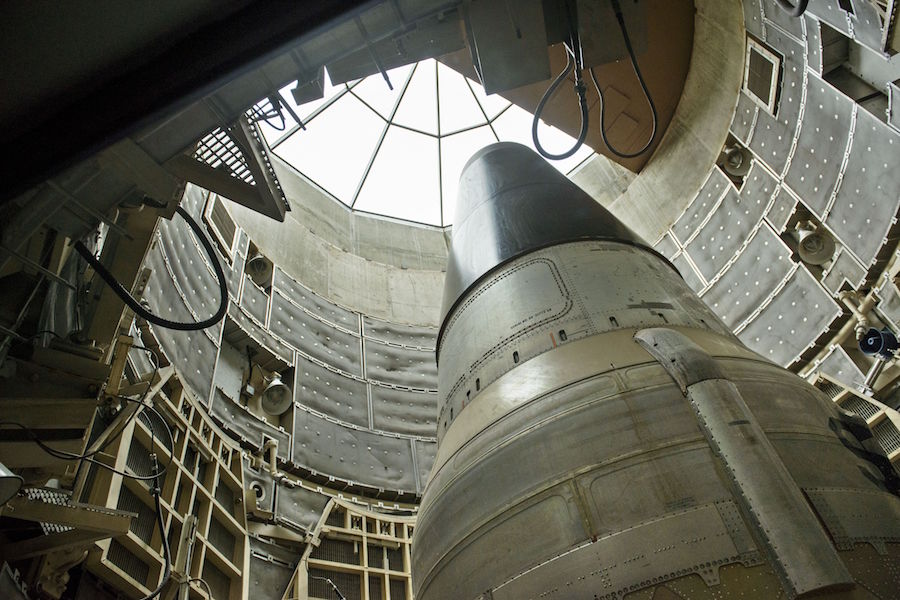
Getty Images

